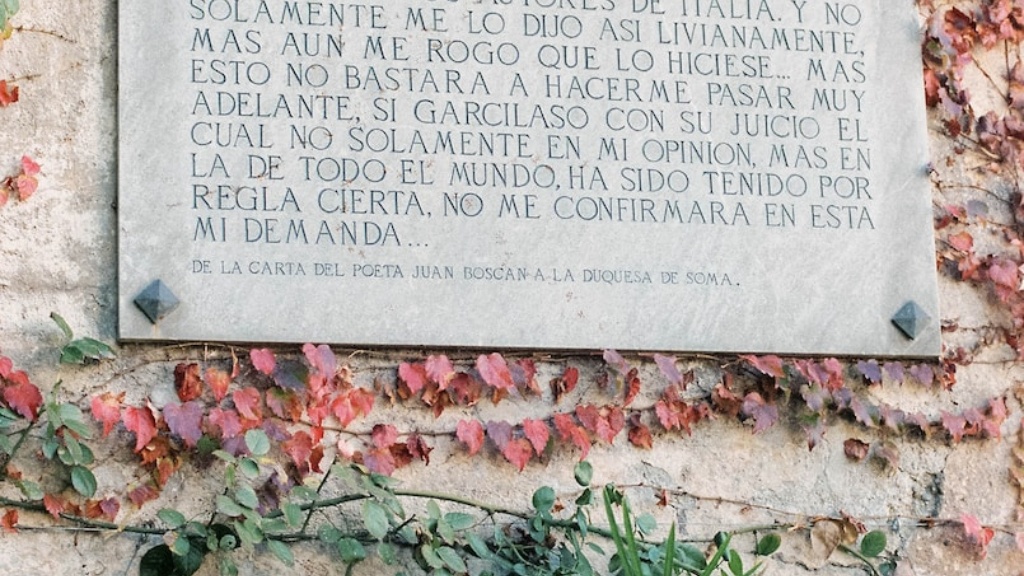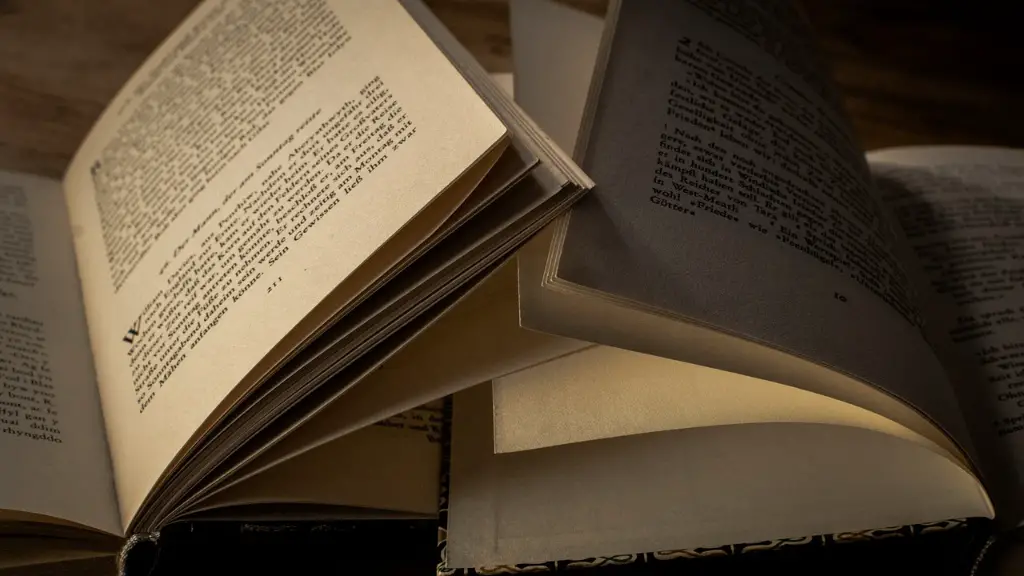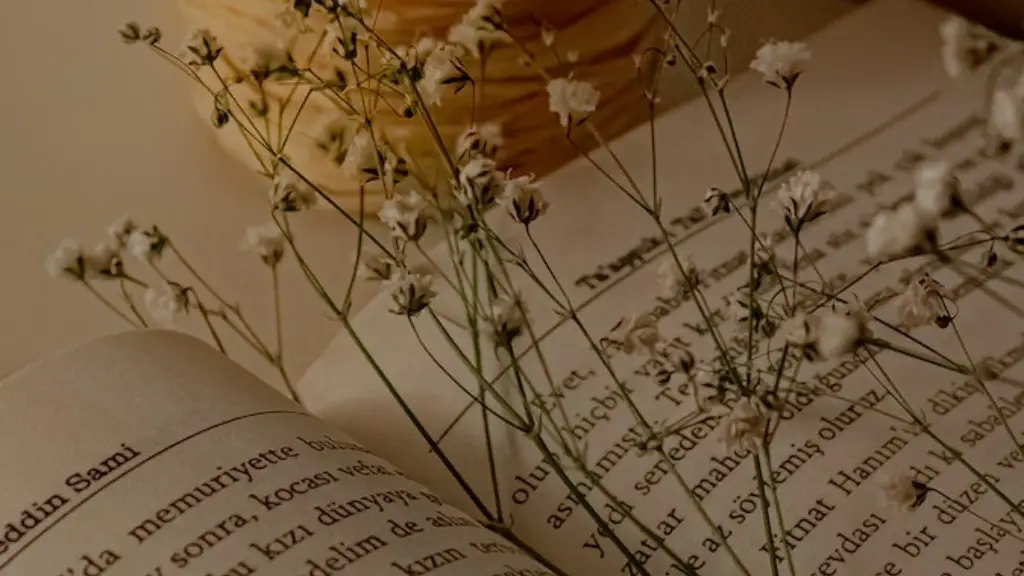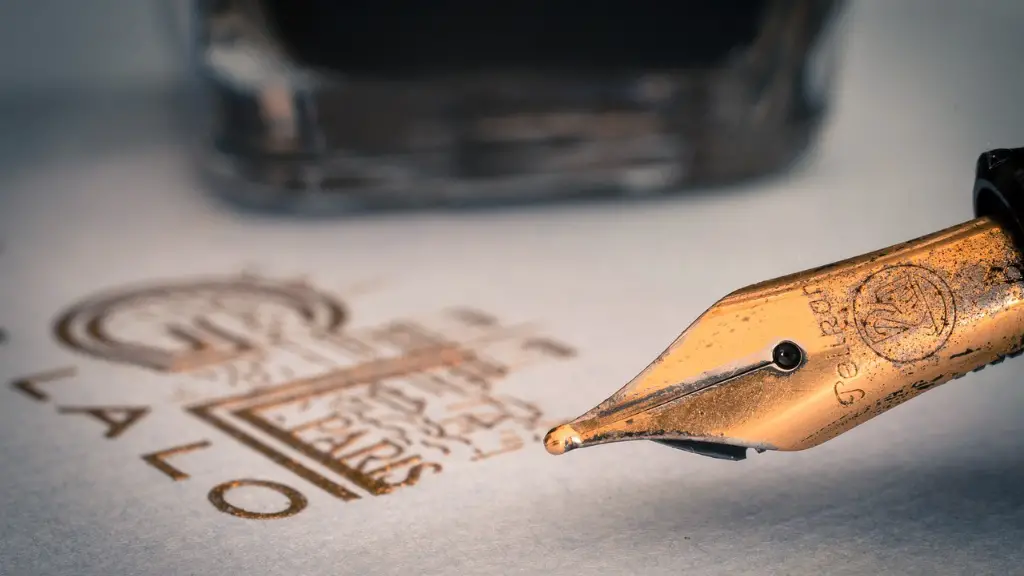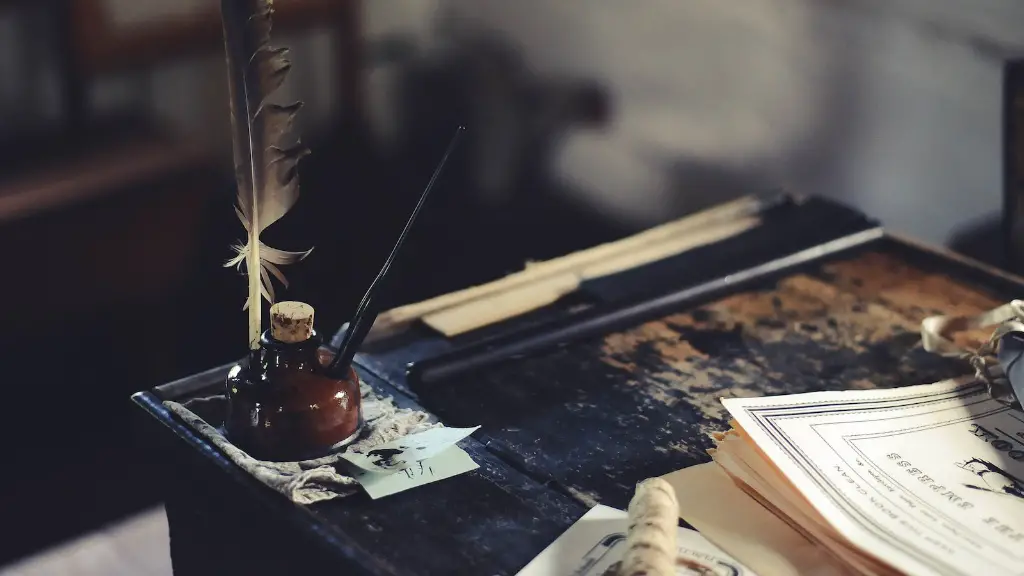Background
Walt Whitman is one of the most renowned and notorious poets of the 19th century. His works such as Leaves of Grass are celebrated for their originality, multi-layered symbolism, and provocation of thought. His concepts of democracy and transcendence marked him out as a leader of the American Romanticism. He is also know for his complicated erotic life – particularly his sexuality which have led to different and radical beliefs throughout the time.
Controversy around Whitman’s sexual life began in his own lifetime. He was accused of writing about homosexuality – something highly taboo among the readers of his day. While Whitman himself never addressed his exact sexual orientation, ongoing speculations remain about whether he was gay, bisexual, or none of the above.
Early Life
Whitman was born in 1819 in Long Island, New York. His parents – Walter and Louisa Van Velsor Whitman– had eight children in total, and Whitman was their second. His father owned a number of retail shops and he was a craftsman of some repute. Both his parents trace their ancestry to New England but the family was financially struggling.
Throughout his life Whitman held some job positions such as a printer, a journalist, and a teacher, but his poetic career superseded all of them. His early works, such as Franklin Evans and Life and Adventures of Jack Engle, demonstrate similarities with sentimental writing, which was popularized by the New England Transcendentalists such as Ralph Waldo Emerson and Henry David Thoreau at the time.
Freethinking
During his life, Whitman never identified himself as a single sexual identity. This might imply radicality regarding 19th century society’ moral codes and religious beliefs.At the same time, considering how homosexuality was usually presented in literature of the 19th century, Whitman’s works were very bold and revolutionary in terms of being open about his sexuality. Despite this, his works were never seen as scandalous – thanks to his allegorical use of poetry.
To understand this further, it is essential to consider that Whitman was an openly freethinking individual. He believed in living life regardless of commonly held rules and moral values. The ambiguity of Whitman’s words reflect his beliefs: while in his works he addresses homoerotic feelings, he also never specifically stated his desires. So, the question of whether or not he was gay, bi, or neither can simply never be answered.
Whitman and his Circle of Friends
Throughout his life, Whitman was surrounded by male friends who shared his commitment to freethinking. His most famous companions included the writers William Sloane Kennedy and William Douglas O’Connor as well as his secretary and biographer, Horace Traubel. They shared an interest in nature, literature, and philosophy, and publicly embraced Whitman’s poetic practices and intimate lifestyle.
The story of Whitman’s intimate relationships is still very mysterious, but it seems to suggest a pattern of intimate relationships with male partners.One of the most discussed potential relationships was that with Peter Doyle, a streetcar conductor and Civil War Veteran, who allegedly became Whitman’s lover.This relationship was documented in Horace Traubel’s most famous work, With Walt Whitman in Camden, published in 1906.
Relationships with Women
Despite rumors, evidence of any intimate relationships with women is scarce.In his letters to his devoted friends and companions, Whitman rarely wrote of any passionate feelings towards women. He briefly wrote of a marriage proposal and once told a female admirer to “put off marriage” as it was “impractical”.
Despite that, it is important to highlight that there have been many conjectures about Whitman’s sexuality and his relationship with different genders, which he certainly did not dispute. So, it is still possible to read ‘Leaves of Grass’ and other works of his as either a homoerotic, bi-erotic or asexual reading.
Leaves of Grass
Published in 1855 ‘Leaves of Grass’ is regarded by critics to be Whitman’s masterwork, but it was not well received at the time. It was depreciated by The New York Times, embarrassed by British critics and was virtually ignored by the literati of his time. Aside from its polemical subject and provocative sensuality, the book featured many themes – from spiritual exaltation to physical pleasure and appreciation for nature.
In the second edition of 1856 and in subsequent editions, Whitman added ‘Calamus’ poems – or poetical sequences, which further explored homoerotic issues. The book is divided into passages of contemplative, erotic and oftentimes autobiographical poetry. It is a self-illuminating reflection of Whitman’s ideas, passions and passions and desires, as well as his vision of what modern poetry should be – both ideologically and aesthetically.
Legacy
Despite his controversial lifestyles, Whitman’s sexuality never once as became a problem within his social circle. His work has been adapted to theater, films, and other media, and his influence on modern literature and popular culture is undeniable. Today, Walt Whitman remains one of America’s most significant cultural figures and too one of its most enigmatic. As scholar Lawrence Kramer wrote, “He is the poet who invented himself, and the world we now inhabit”.
Whether Whitman was gay or bisexual has no importance in understanding his works – in fact, this was never the intention of his writing. Rather, what makes Whitman important is his genuine interest in exploring human experience and his accurate understanding of love. In this sense his works might be described as a guide for those who seek for compassion and self-discover in the joys of life and sexual identity.
LGBTQ Advocacy
Whitman’s writing in favor of the LGBTQ communities dates back to the mid-nineteenth century, well ahead of his time. He recognized the inequalities endured by members of the LGBTQ community and saw their lack of rights as a great injustice. His writings and lectures are a testament to his tireless attempts to stand up for the rights of minorities and social outcasts, as well as to his dedication to the principles of freedom of speech and acceptance.
Even today, Walt Whitman’s legacy of LGBTQ advocacy lives on. His works have been a source of inspiration for modern-day activists, who are still fighting for the same rights Whitman fought for almost two centuries ago – that of love, liberty and acceptance for members of the LGBTQ community.
Controversy and Debate
The ambiguity and boldness of Whitman’s works have given rise to much debate and controversy. Some critics claim that Whitman’s works are merely criticisms of the homoerotic side of American society and address the idea that society’s morals are hypocritical and constrained. Others, however, believe that Whitman’s works hint at his own homosexuality and bisexuality.
Regardless as to which reading of his works is ultimately true, it is undeniable that his takes on sexuality and gender have opened up a forum for debate among literary critics.This, combined with his passionate accounts of physicality, make for a fascinating and important discussion on what it means to be a free-minded individual living in the 19th century.
Impact on Literary Form
Whitman was a pioneer in his use of free verse, which influenced the forms for some subsequent poetry — both in terms of structure and content. His reliance on free form rather than the traditional practices of meter and rhyme was something unusual and highly innovative at the time. His use of polyphonic forms, borrowed from the ancient world, gave his poetry a new and exciting dimension.
The spirit of Whitman’s poetry, his pressing of boundaries, his wildness, and his daring approach to writing still resonates today. His works are especially beloved by those who are going through their own self-discovery, and feel connected to Whitman’s strong commitment to freedom.
Psychology Behind His Works
The ambiguity of Whitman’s works, as well as his commitment to living a life without societal restrictions, could be interpreted as his way of questioning the established social conventions and binary categories of the time. It is theorized that Whitman used his works to grapple with his own identity, in an attempt to free himself from the tangle of doubt and confusion that comes with it.
Questions about how Whitman was perceived – or how he perceived themselves and their choices – still remain. In his later years, Whitman wrote negatively and mockingly of those he felt admired him only for his sexuality. Perhaps this is a sign that not even Whitman himself was completely sure of his identity, and instead chose to live their life without labels.
Conclusion
Even today, the ways Whitman’s biographical facts, writings and lifestyle reflect and influence each other is complex, interesting and still highly discussed. His works were so revolutionary and influential that many modern poets and authors, as well as LGBTQ rights advocates, still look up to him in admiration. His successful and tireless attempts to push his own boundaries and challenge societal conventions, as well as his legacy of LGBTQ advocacy, make Whitman’s work and identity still relevant today.
